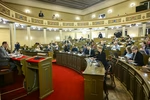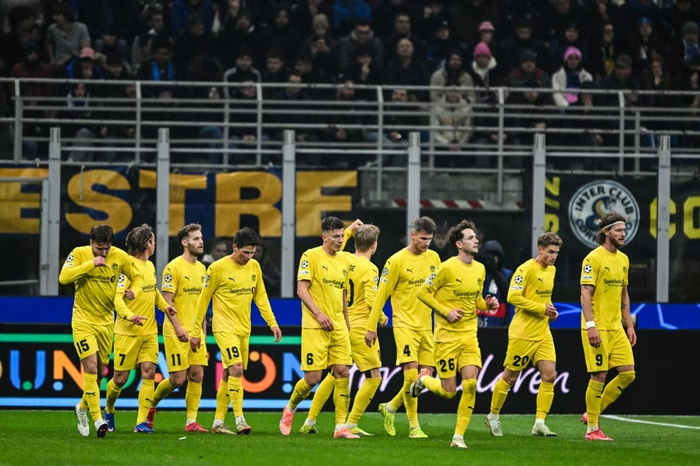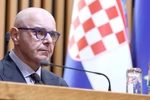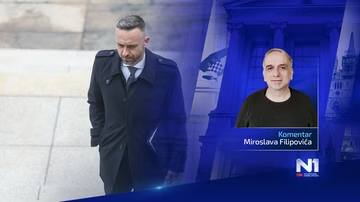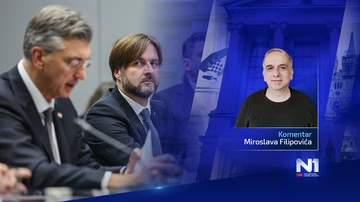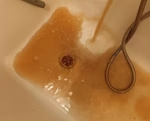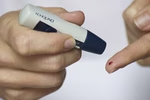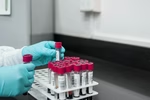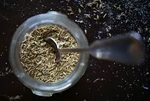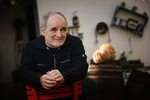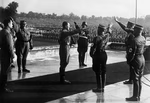
Children born in Serbia between 1999 and 2015 were exposed to a toxic factor making them vulnerable to malignant diseases according to research by the Commission for investigating the consequences of 1999 NATO air campaign against the then Yugoslavia, the Beta news agency.
The head of the Commission Darko Laketic told reporters in Serbia’s parliament that the research covered only children since they were not exposed to other risk factors like smoking.
The Institute for Public Health also participated in the study which showed the most frequent form of cancer in children up to four years of age were neuroectodermal. Those aged between five and nine mostly suffered from blood-related tumours, 10 to 14 years old from brain tumours and the teenagers from 15 to 18 years of age developed solid tumours.
“This research shows that several generations in a sensitive period were exposed to a factor which made them prone to malignant illnesses more often than other generations at same ages,” Laketic said.
NATO bombed the then Yugoslavia, made up of Serbia with its province of Kosovo and the Republic of Montenegro for 78 days, starting on March 24, 1999.
The decision was made without the backing of the UN Security Council after the then Yugoslav President Slobodan Milosevic refused to sign up to a peace deal to end his forces’ crackdown on Kosovo Albanian rebels seeking independence.
The possible effects of the depleted uranium ammunition became a hot issue in Serbia with tabloid media publishing analysis confirming the link of an increase in cancer cases to the bombing.
The experts were divided on the issue. Zoran Radovanovic, epidemiologist and chairman of the ethics committee of the Serbian Medical Association, said that “every year we use phosphate fertilisers with more uranium than what was dropped in 1999.”
He added the public is continually being scared with a non-existing cancer epidemic and denied that there had been an increase in the number of cancer cases.
However, former chief surgeon at the Institute for Oncology and Radiology Momcilo Inic said that he had noted an increase in cancer patients since the 1999 NATO campaign.
But Inic told BIRN that experts from all relevant fields must be consulted before the cause is determined.
Nuclear physicist Istvan Bikit told N1 that the commission should focus on those areas where depleted uranium ammunition was used – Kosovo and southern Serbia.
“It’s very hard to make a connection (between depleted uranium and cancer) because the harmful effect depends on how long you were exposed, where the projectile hit, was there evaporation and how much,” Bikit said.
The US ambassador to Serbia Kyle Scott said that the World Health Organisation and the UN determined that depleted uranium does not pose a severe health risk.
Kakvo je tvoje mišljenje o ovome?
Pridruži se raspravi ili pročitaj komentare



 Srbija
Srbija
 Bosna i Hercegovina
Bosna i Hercegovina
 Slovenija
Slovenija













